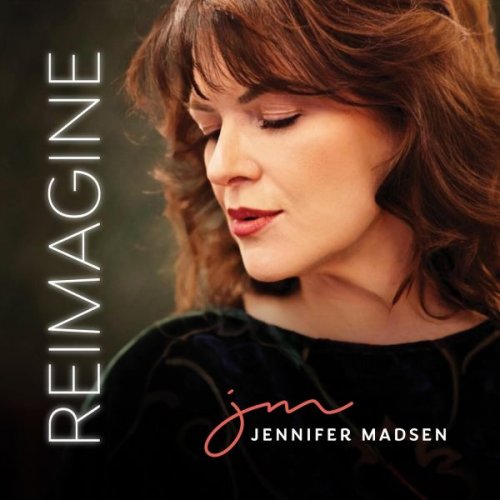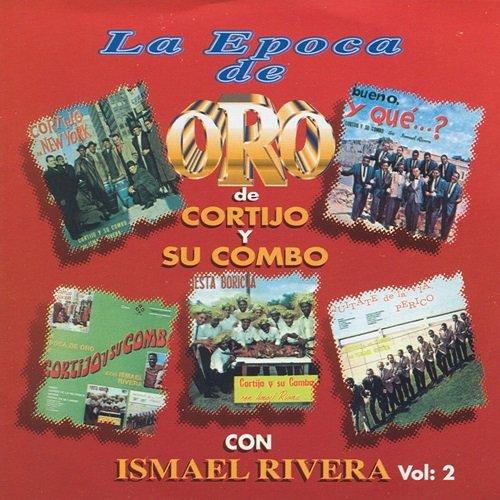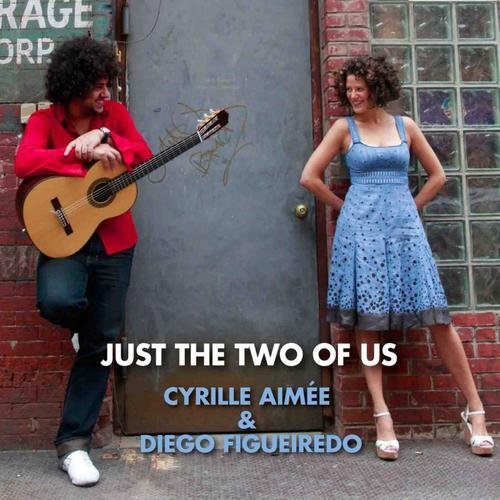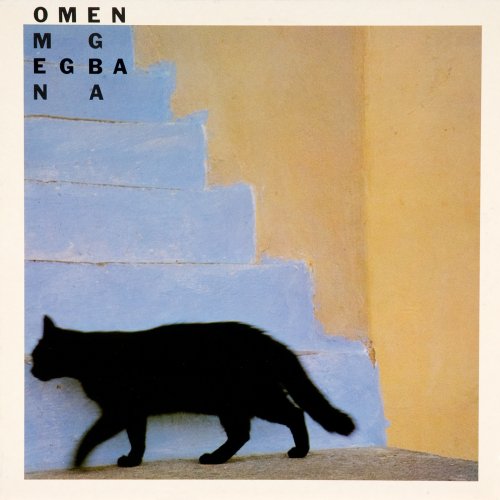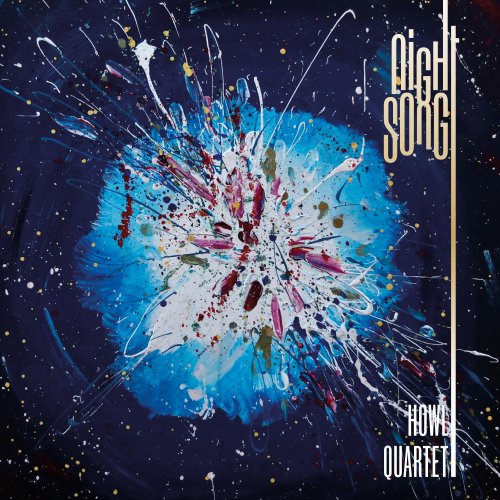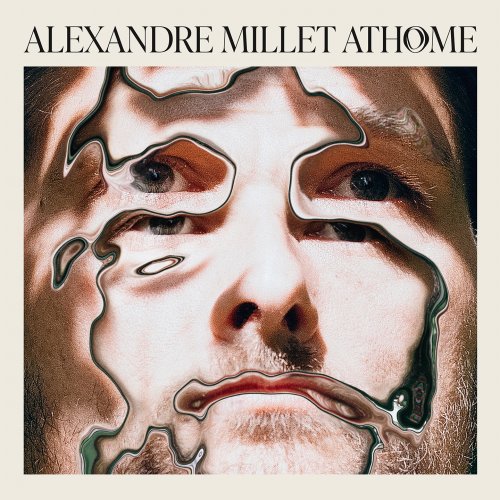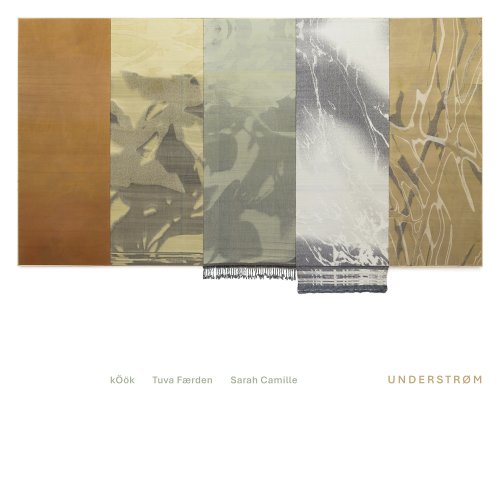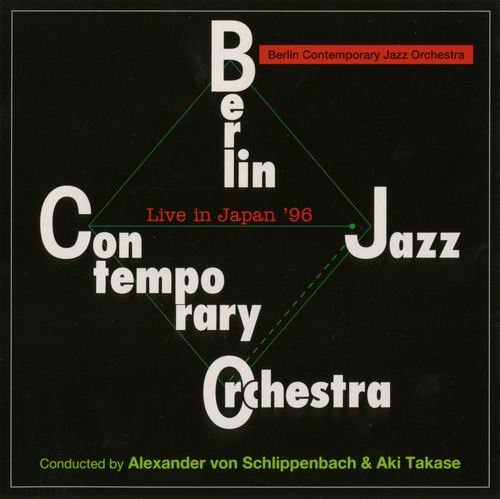Maria Kliegel, Bernd Glemser - Chopin: Cello Sonata / Polonaise Brillante, Op. 3 / Grand Duo (1996)
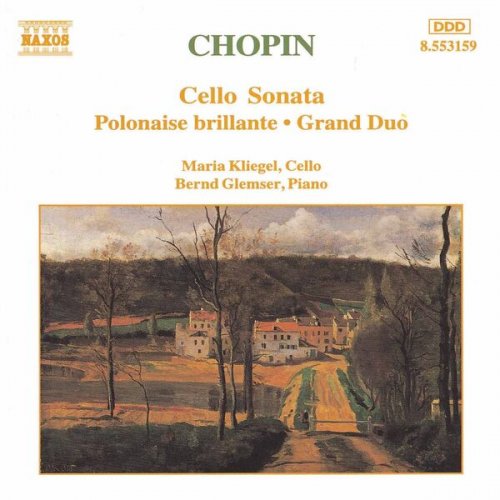
Artist: Maria Kliegel, Bernd Glemser
Title: Chopin: Cello Sonata / Polonaise Brillante, Op. 3 / Grand Duo
Year Of Release: 1996
Label: Naxos
Genre: Classical
Quality: FLAC (tracks)
Total Time: 01:04:35
Total Size: 259 Mb
WebSite: Album Preview
Tracklist:Title: Chopin: Cello Sonata / Polonaise Brillante, Op. 3 / Grand Duo
Year Of Release: 1996
Label: Naxos
Genre: Classical
Quality: FLAC (tracks)
Total Time: 01:04:35
Total Size: 259 Mb
WebSite: Album Preview
01. I. Allegro moderato (00:10:00)
02. Ii. Scherzo: Allegro con brio (00:04:47)
03. III. Largo (00:03:34)
04. IV. Finale. Allegro (00:05:44)
05. Polonaise brillante in C Major, Op. 3 (Ed. E. Feuermann) (00:08:49)
06. Grand Duo Concertante in E Major on Themes from "Robert le Diable" (00:12:46)
07. Nocturne in C-Sharp Minor, B. 49 (Arr. G. Piatigorsky for Cello & Piano) (00:03:50)
08. Etude in E Minor, Op. 25, No. 7 (Arr. A. Glazunov) (00:05:54)
09. Waltz in A Minor, Op. 34, No. 2 (Arr. L. Ginzburg) (00:05:43)
10. Etude No. 6 in E-Flat Minor, Op. 10, No. 6 (Arr. A. Glazunov) (00:03:28)
Total length: 01:04:35
Label: Naxos
Performers:
Bernd Glemser (piano)
Maria Kliegel (cello)
Composers:
Chopin, Frédéric François (1810-49)
Here are Chopin's complete works for cello and piano complemented by an intriguing garland of encores. Performed with youthful relish, impressively balanced and recorded, this is a notable offering. Clearly, Kliegel and Glemser have few reservations concerning the sonata's surprisingly Germanic overtones. Recognisably Chopin in virtually every bar there remains an oddly Schumannesque bias, particularly in the finale's tortuous argument – an irony when you consider that Chopin had so little time for his adoring colleague.
Yet this awkward and courageous reaching out towards a terser form of expression is resolved by both artists with great vitality and, throughout, they create an infectious sense of a live rather than studio performance.
Kliegel and Glemser are no less uninhibited in Chopin's earlier show-pieces, written at a time when the composer had a passing passion for grand opera and for what he dismissed as 'glittering trifles'. Their additions (transcriptions by Glazunov, Piatigorsky and Ginzburg) remind us how singers, violinists and cellists beg, borrow or steal Chopin from pianists at their peril.
As Chopin put it, 'the piano is my solid ground; on that I stand the straightest', and his muse has proved oddly and magically resistant to change or transcription. Still, even though the selection often suggests an alien opacity, the performances are most warmly committed.
Yet this awkward and courageous reaching out towards a terser form of expression is resolved by both artists with great vitality and, throughout, they create an infectious sense of a live rather than studio performance.
Kliegel and Glemser are no less uninhibited in Chopin's earlier show-pieces, written at a time when the composer had a passing passion for grand opera and for what he dismissed as 'glittering trifles'. Their additions (transcriptions by Glazunov, Piatigorsky and Ginzburg) remind us how singers, violinists and cellists beg, borrow or steal Chopin from pianists at their peril.
As Chopin put it, 'the piano is my solid ground; on that I stand the straightest', and his muse has proved oddly and magically resistant to change or transcription. Still, even though the selection often suggests an alien opacity, the performances are most warmly committed.
